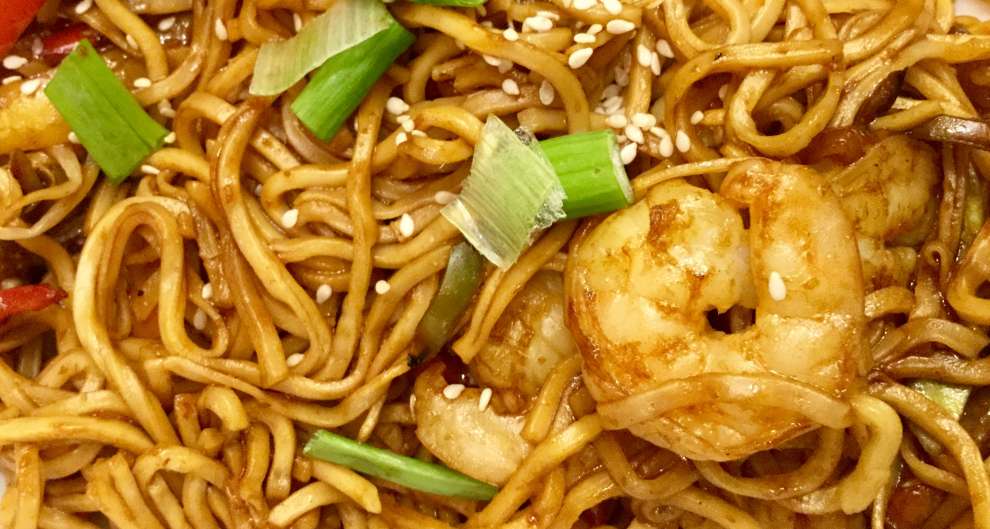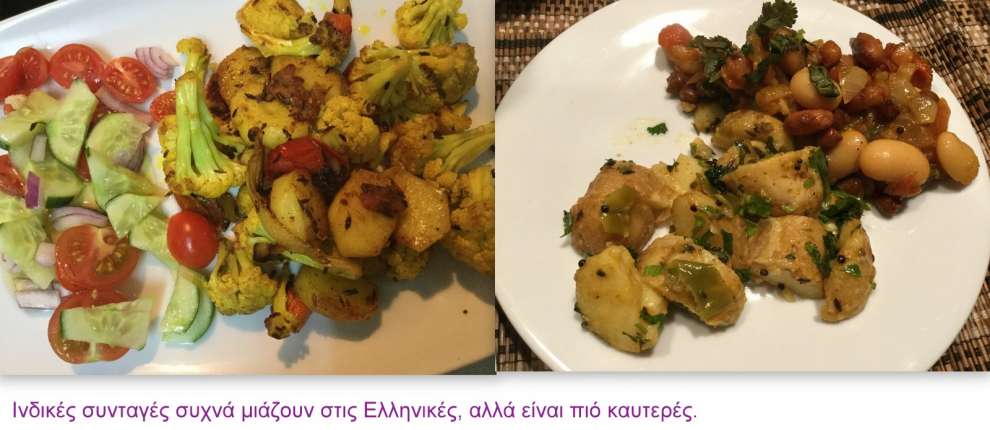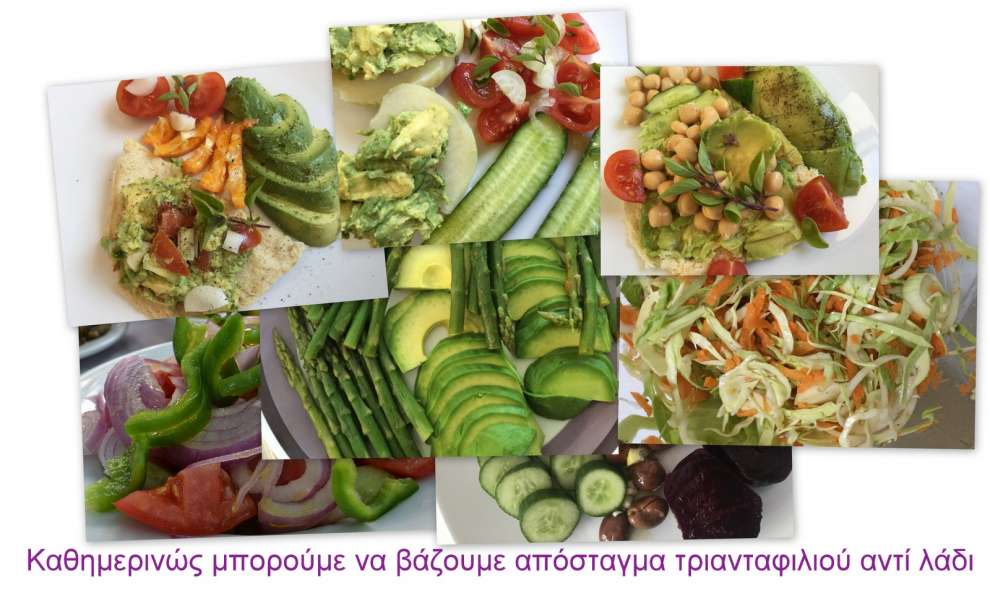Why and how we fast
In Cyprus and Greece
The Orthodox, and not just the Greek Orthodox, have a tradition of fasting at specific times of the year. The longest period is the Lenten one which lasts 50 days whereas the Christmas Fast lasts just 40 days. It should be noted that the Greek vocabulary makes no distinction between “fast” and “abstinence”.
In English one would more correctly refer to these times as periods of abstinence in which one abstains from all food derived from animals (except for seafood). Effectively the tradition Is to go practically vegan and also to abstain from oil and wine on weekdays during lent. I am not aware of a hard and fast written rule, but a good guide is to be found on the American web page http://www.abbamoses.com/fasting.html .

Most people in today’s modern world of hustle and bustle do not cope with such abstinence from Green Monday at the start of lent till the early hours of Easter Sunday. I recently heard a priest urge his parishioners to, each one, fast as best he could. In athletics you have Marathons, half Marathons and simple races. Participators run for themselves, and so it is with fasting. There is no heavenly reward for doing it thoroughly, nor punishment for not doing it. It is a spiritual and bodily exercise of your choice. The tradition of periodically going easy on food seems to exist in one form or another under all religions. Atheists call it “detox”.
Vegetables play such an important role in Greek cuisine (indeed that of the whole of the Middle East) that the only really difficult thing about the Lenten fast, in my view, is giving up oil. Some people give up olive oil in favour of sunflower oil or margarine. I think this is ridiculous. You either give it up or you don’t.

There are countless vegan dishes in Greek culinary tradition. We have dishes such as Imam Bayildi, Briam, “Fasolia lathera” (literally “Green Beans oily”, often called “Green Beans Yiahni” in Cyprus). Another popular dish is “Fasolada” – white beans cooked in a tomato sauce with various other vegetables like onion, carrot and courgette. Apart from that there are many traditional Greek dishes that usually include minced meat, but where it is easy to replace the mince with lentils or chick peas. There are also those “Kokkinista” or tomato-sauce based dishes where the usual meat component can be replaced by broad beans. We can also borrow recipes from countries such as India which has many dishes that resemble Greek dishes but are spicier.

We should also not forget all the fruits that are available to us.

Going vegan is easy. What is difficult – really difficult – is giving up oil. That is one reason why few people today will follow the strict fast devised by the church in its early days. Here are some ideas for those who are starting the fast in the final week of lent. First of all, many salads can be eaten without oil and if we want something liquid on them, we can put rose water, lemon juice or the juice of Kumquats.

There are also many foods that we can eat raw such as avocado, kouloumbra (kohlrabi), carrot and cabbage. There are nice boiled vegetables that can be eaten plain, beetroots, for example. Then there are those recipes that are usually prepared with oil, but for which one can use vinegar instead, dishes such as “Spanakorizo” the Greek spinach risotto.

Of course it is not as nice as the proper “Spanakorizo”, but the idea is to prepare something that is at least tolerably edible.

If you would like some actual recipes of Greek vegan dishes, you might like to read my previous Christmas article.

 English
English
 Ελληνικά
Ελληνικά Русский
Русский

























 Posted by
Bill Warry
Posted by
Bill Warry






